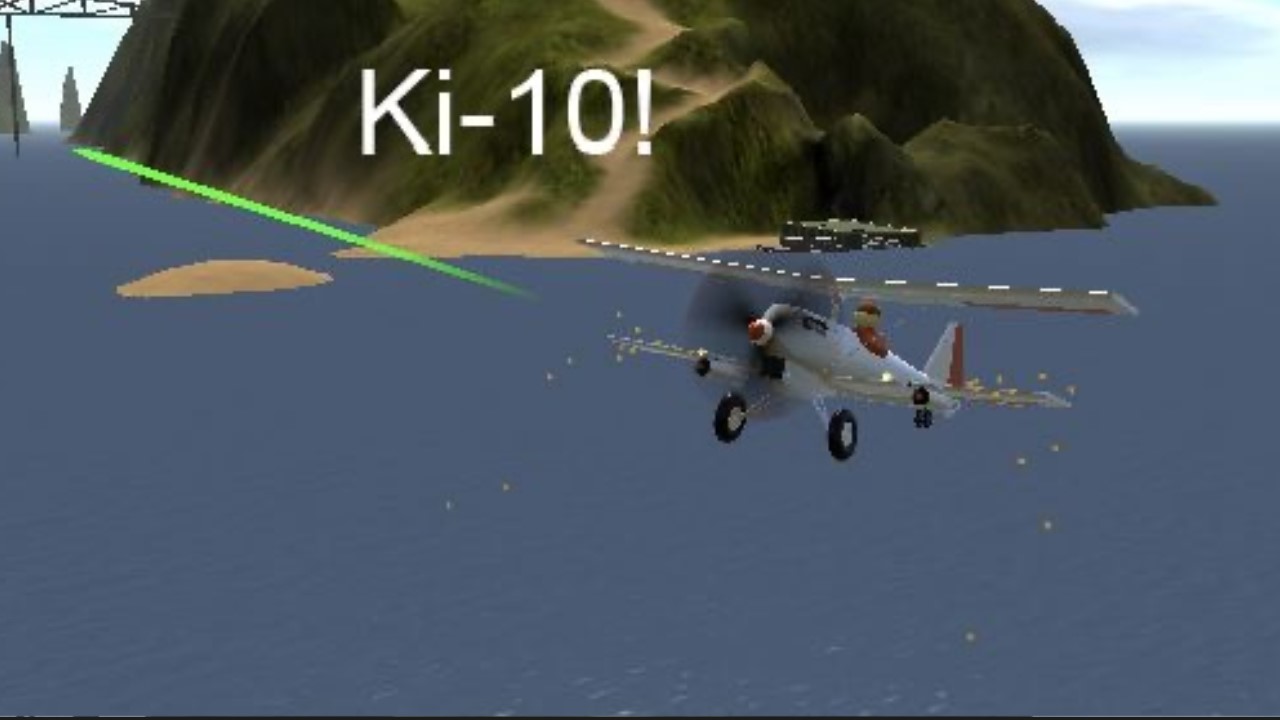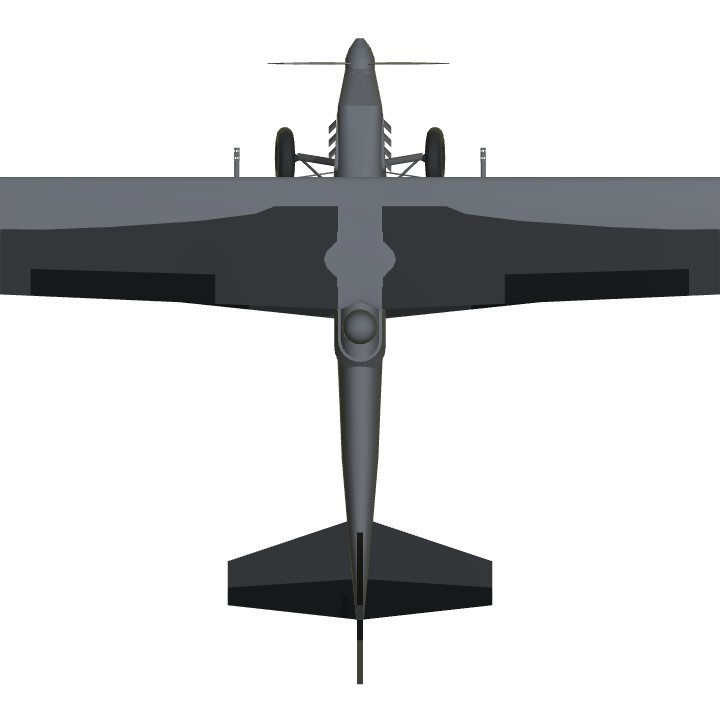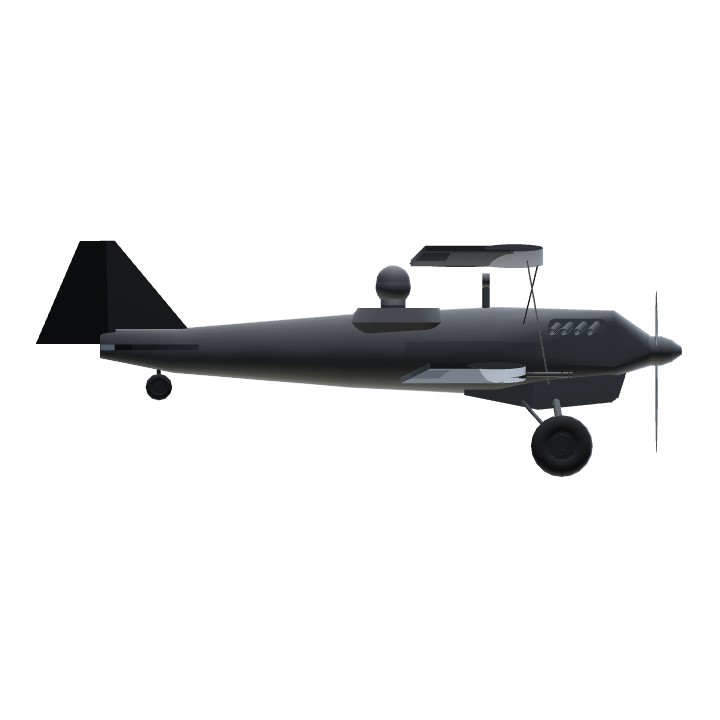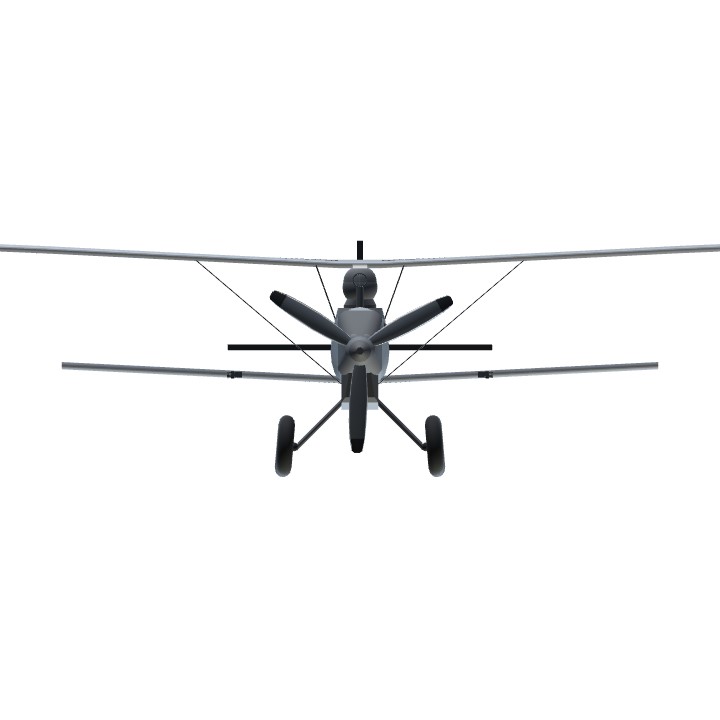No Tags
The Kawasaki Ki-10 (??????, Kyugo-shiki sentoki, Army Type 95 Fighter) was the last biplane fighter used by the Imperial Japanese Army, entering service in 1935. Built by Kawasaki Kokuki Kogyo K.K. for the Imperial Japanese Army. It is a single engine single seat fighter biplane. CONTROLS normal flight controls
Thanks to https://www.simpleplanes.com/u/natemomog
For letting me use his bullet casings
Specifications
General Characteristics
- Created On iOS
- Wingspan 40.2ft (12.3m)
- Length 35.9ft (11.0m)
- Height 13.0ft (4.0m)
- Empty Weight 4,302lbs (1,951kg)
- Loaded Weight 4,939lbs (2,240kg)
Performance
- Horse Power/Weight Ratio 0.152
- Wing Loading 11.0lbs/ft2 (53.9kg/m2)
- Wing Area 447.3ft2 (41.6m2)
- Drag Points 5249
Parts
- Number of Parts 68
- Control Surfaces 7
- Performance Cost 329





@KnightOfRen uuuummmm
Yesssss@KnightOfRen
guns are in the wrong spot and the colors are kinda bad, but otherwise it very gud
8/10
Nice
I got inspiration for this from PhlyDaily’s helicopter hunting video in this beauty@_PolarSpirit
oh yeah i remember getting shredded by aa in this thing in war thunder